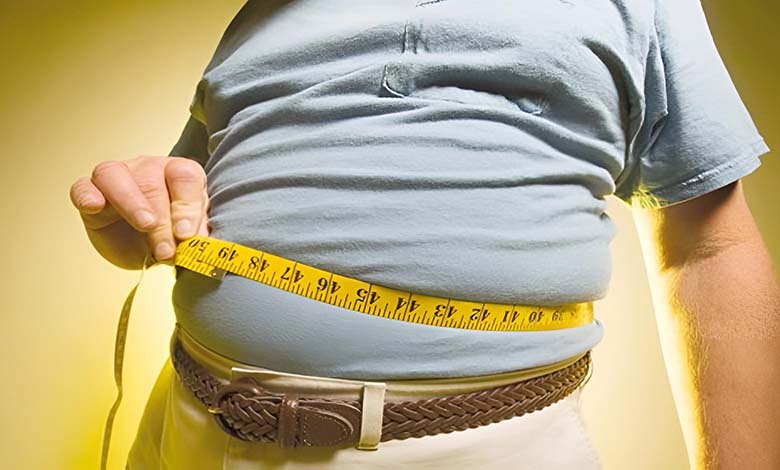How Does Aging Lead to Belly Fat Accumulation?

As we age, many people notice a gradual change in body fat distribution, particularly around the abdomen. But why does this happen? What mechanisms are at play, and more importantly, what can we do about it?
-
Discovery of the gene responsible for fat accumulation in the body
-
“Fatty Marbling”: A Hidden Muscle Problem That Threatens the Heart
- Age-related hormonal changes
Aging is accompanied by significant hormonal shifts. In women, menopause leads to a drop in estrogen levels, while men experience a gradual decline in testosterone. These hormonal imbalances promote fat storage, especially in the abdominal area.
Estrogen plays a crucial role in fat regulation. When levels decrease, the body tends to store more visceral fat — the deep fat that surrounds internal organs. In men, declining testosterone can reduce muscle mass, slow metabolism, and contribute tofat .
-
Accumulated Fat in Your Muscles Poses a Threat to Your Life
-
Belly Fat: Its Health Risks and Ways to Reduce It
- Slower metabolism
As we age, our basal metabolic rate — the number of calories we burn at rest — naturally decreases. This means the body burns fewer calories each day, even if dietary habits remain the same. Without dietary or activity adjustments, this imbalance favors fat accumulation.
- Muscle loss (sarcopenia)
Aging is associated with muscle loss, known as sarcopenia. Less muscle mass means a slower metabolism since muscle tissue burns more calories than fat. This muscle loss indirectly contributes to increased belly fat.
-
A danger threatening men… Tips to get rid of visceral fat
-
Study: Fast-Food Workers More Prone to Obesity and Hypertension
- Lifestyle changes
With age, it’s common to become less physically active due to pain, reduced motivation, or routine changes. A more sedentary lifestyle, combined with a high-calorie or sugar-rich diet, accelerates abdominal weight gain.
- Insulin resistance
Aging can also lead to increased insulin resistance, meaning the body’s cells respond less effectively to insulin. This condition promotes weight gain, particularly around the waist.
-
For These Reasons… Do Not Try to Lose Weight During Pregnancy
-
What happens to the body when walking for 20 minutes in the morning?
What can we do to fight abdominal fat?
- Stay physically active, incorporating both cardio and strength training exercises.
- Adopt a balanced diet, high in fiber and low in refined sugars and saturated fats.
- Monitor weight and body composition, rather than relying solely on BMI.
- Manage stress, which can increase belly fat through elevated cortisol levels.
- Prioritize good sleep, as poor sleep quality can negatively affect metabolism.
-
5 Tips to Alleviate bloated feeling after a heavy meal
-
A doctor warns of the biggest and “hidden” cause of obesity












